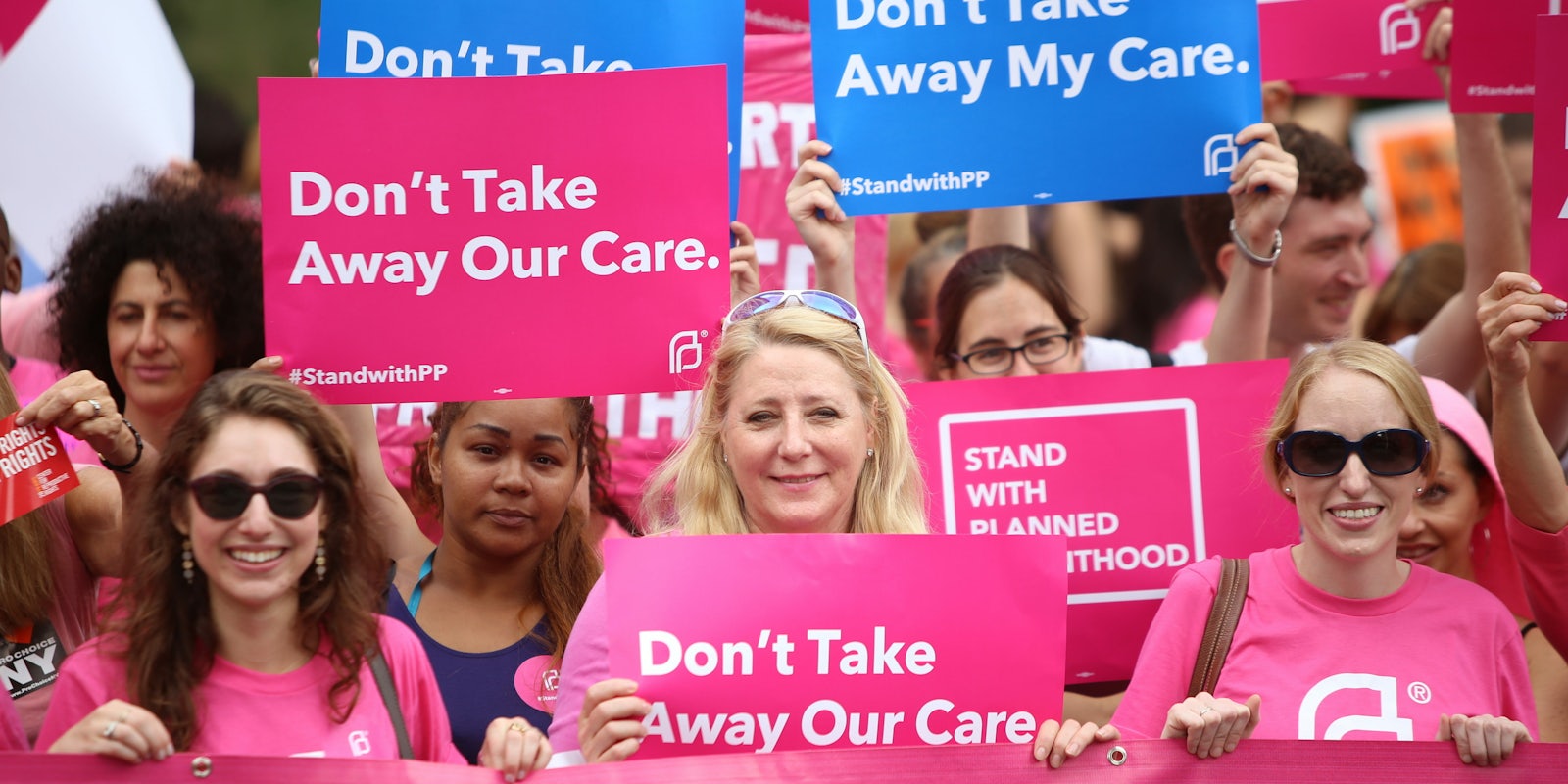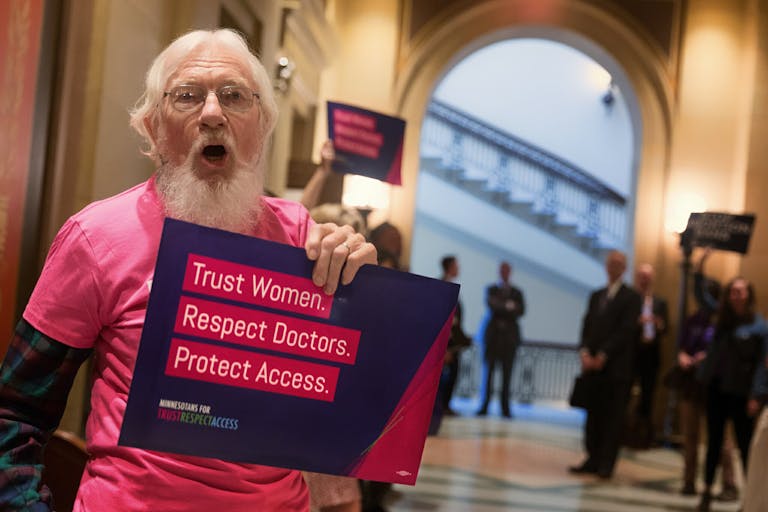Planned Parenthood has been a constant fixture in the news for the past few years as the tug-of-war between GOP legislators and Planned Parenthood supporters wages ever onward. While some key facts about Planned Parenthood have hopefully made it through the maelstrom and into mainstream consciousness (we all know Planned Parenthood does not sell baby parts, right?), there’s still a lot of information about Planned Parenthood that isn’t widely known.
Whether you’re a longtime Planned Parenthood supporter or only know the name from hearing it yelled on cable news, here are some things about Planned Parenthood that might surprise you.
11 important facts about Planned Parenthood
1) Planned Parenthood is not limited to the U.S.
For nearly 40 years, the Planned Parenthood Federation of America International Program has been helping women in developing countries access healthcare and crucial information about sexual health, birth control, and abortion. The PPFA International Program provides grants and on-the-ground support to local organizations throughout Latin America and Africa, in addition to advocating for foreign aid and pro-women policies in Washington, D.C.
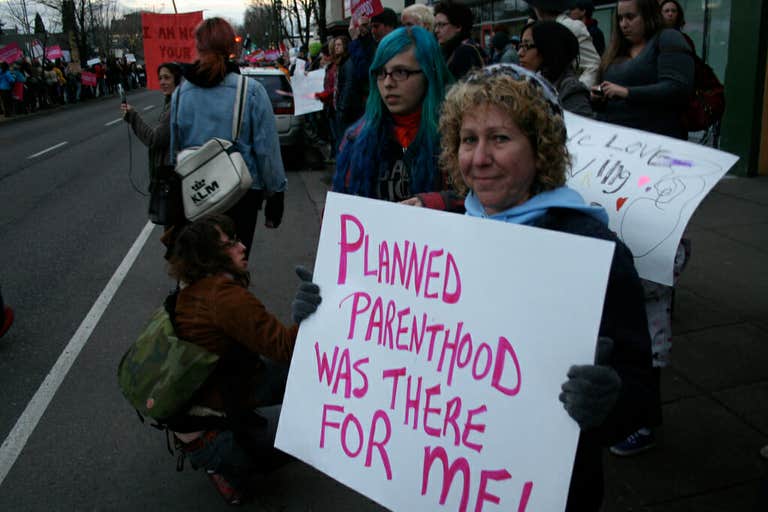
2) Planned Parenthood also serves men
While Planned Parenthood is often positioned as a women’s cause, the clinics provide STD testing, cancer screenings, erectile dysfunction treatment, infertility screenings, and birth control to hundreds of thousands of men each year. That number is constantly growing: A Planned Parenthood spokesperson recently told Refinery29 that the number of male patients their health centers serve has increased 76 percent since 2004.
3) Planned Parenthood receives no federal funding for abortion.
OK, you probably know this one already, but it’s a point worth driving home, again. While anti-choice politicians continue to mislead the public about this, the Hyde Amendment, passed in 1976, explicitly prohibits the use of federal funds for abortion care.
4) People have been trying to shut down Planned Parenthood since the very beginning
When Margaret Sanger and two other women opened their first birth control clinic in Brooklyn in 1916, it took just nine days for police to shut it down, arresting the women for “crimes related to sharing birth control information.” Since then, attempts to shut down Planned Parenthood have come in many forms, from anti-choice activists distributing misinformation about Planned Parenthood “selling baby parts” to Mike Pence’s career-long mission to close every Planned Parenthood clinic’s doors. Threats to Planned Parenthood are not just political: Health centers have been targets of bombings, arson, and mass shootings. Still, as Planned Parenthood President Cecile Richards put it, “THESE. DOORS. STAY. OPEN.”
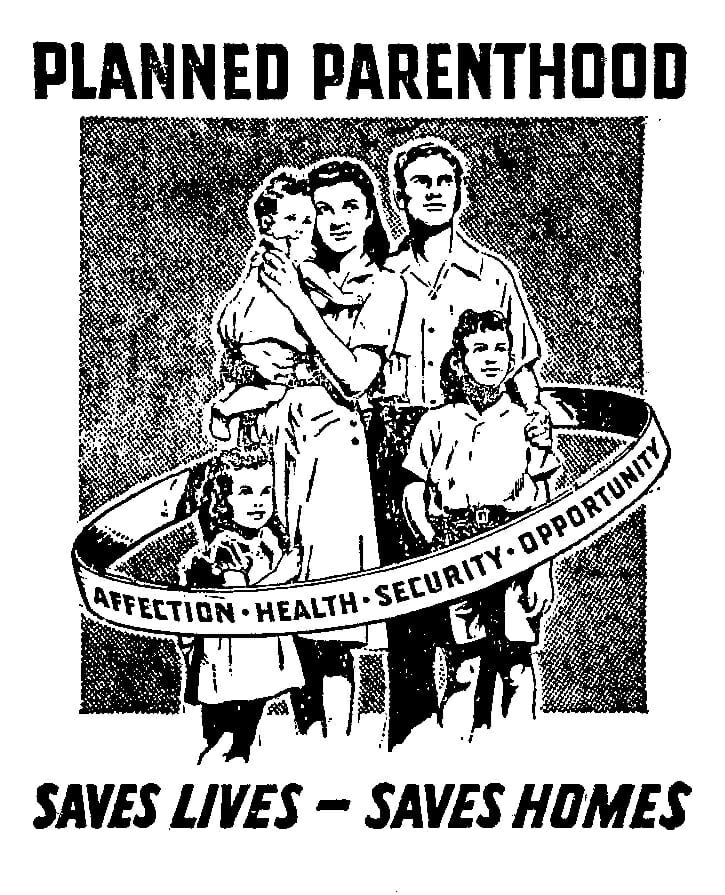
5) In some states, you can get STDs tested online
Residents of Minnesota, Washington, and Idaho can take advantage of Planned Parenthood’s Online STD Testing program, which includes an online video visit with a health provider to discuss your symptoms, followed by an STD test kit mailed to your home. You mail the kit back to Planned Parenthood, and they send back your results (in an unmarked box to protect your privacy!). In the aforementioned three states plus Alaska, California, and Hawaii, you can also receive an online video consultation for UTI treatment or a birth control prescription.
6) Planned Parenthood offers hormone therapy for trans patients
In recent years, many Planned Parenthood clinics have begun offering hormone therapy for transgender patients. This service is critical for trans people living in underserved communities, who often face discrimination from medical providers and have trouble accessing hormones.
READ MORE:
- How does federal funding for Planned Parenthood actually work?
- Do you know how effective your birth control really is?
7) Maryland recently became the first state to pass a law ensuring funding for Planned Parenthood
The first-of-its-kind bill, passed into law in early April, guarantees Planned Parenthood the state will reimburse clinics even if Congress cuts federal funding.
8) Planned Parenthood’s political activism is completely separate from its healthcare centers
The rules about political spending are very, very strict (as well they should be!) and Planned Parenthood takes them very, very seriously (as well it should!). Planned Parenthood’s political advocacy arm, Planned Parenthood Action Fund, was launched by Planned Parenthood President Faye Wattleton in 1989 in response to the wave of political attacks on abortion rights and violent attacks on Planned Parenthood health centers. The Planned Parenthood Action Fund functions as an independent political organization to mobilize support for pro-choice candidates, educate voters about reproductive rights, enact government policies that support family planning, and keep abortion legal and accessible. Funding for the Action Fund comes from individual donors. Funding for Planned Parenthood health centers is completely separate, the majority of which comes from private insurance and Medicaid reimbursements.
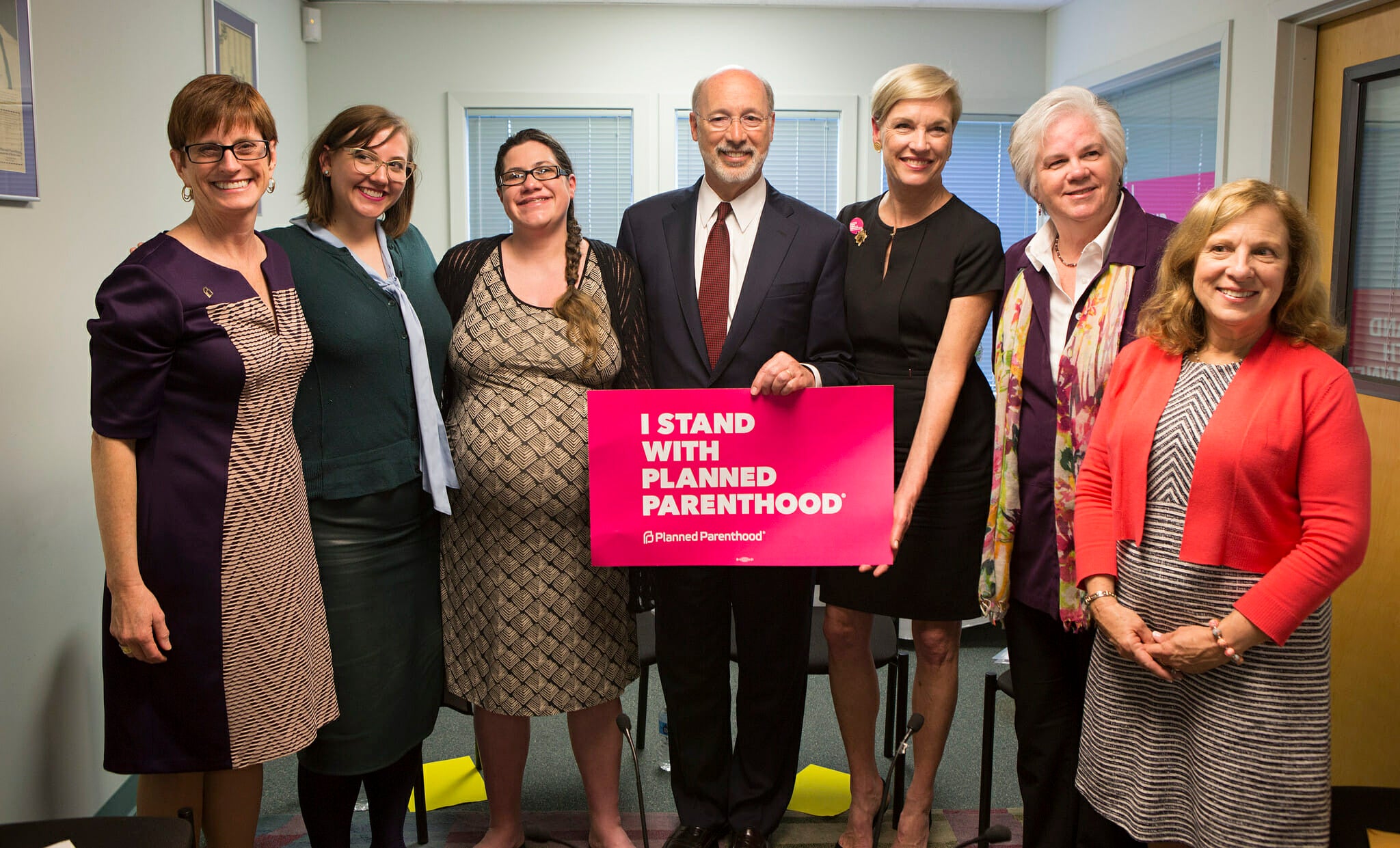
9) Planned Parenthood saves the government a lot of money
In 2015, the Congressional Budget Office released a cost estimate study for the government’s proposed cuts to Planned Parenthood Medicaid funding. The results were staggering: According to the CBO, defunding Planned Parenthood would result in $650 million in increased Medicaid spending between 2016 and 2025.
10) For many people, Planned Parenthood is the only option for healthcare
Over half of Planned Parenthood clinics serve communities with extremely limited access to healthcare and family planning support. Not only does Planned Parenthood save lives by filling these gaps in the healthcare system, its commitment to inclusivity and accessibility means that no matter your race, sexual orientation, gender identity, income level, or immigration status, you will receive high-quality care and accurate information.
11) Planned Parenthood is more popular than Donald Trump
A recent Fox News poll found that 57 percent of respondents held a favorable view of Planned Parenthood, compared to Trump’s 44 percent. The Republicans in Congress—the ones trying to shut down Planned Parenthood—fared worst of all, with a 29 percent approval rating.

